WORKFORCES DEVELOPMENT PROGRAMS FOR HIGH SCHOOLS
Trades and Professional Career Integration Programs
Programs:
Pre-Apprenticeship, Technician and Applied Sciences Programs
PHILLY-TECH offers a comprehensive hybrid training model designed to equip High School students with the skills and knowledge necessary for careers in various technical fields. The programs are structured to provide a balanced blend of hands-on practice, in-class instruction, and online learning. This hybrid approach ensures students gain practical experience while also benefiting from theoretical knowledge and flexibility in learning.


Available Programs for School Year 2024-2025:
The available programs and occupations to choose from are:
1. Pre-Apprenticeship Program:
This program is composed by different occupations described as follows:
- Advance Manufacturing
- Information Technology
- Cyber Security
- Medical Assistant
2. Technician Program:
The available technicians is are as follow (No limited check on the website):
- Advance Manufacturing
- Cyber Security
- Computer Hardware and Software Technologies
- Information Technology (IT)
- Electrical
- General Construction
- Logistics with CDL driver’s license
- Renewable energies focus on solar energy
- Medical Assistant
- Plumbing
3. Applied Sciences Program
Applied Sciences are based in:
- Aeronautical and Aviation Sciences
- Drone and Robots Sciences
- Medical Sciences
- Artificial Intelligence (AI) Science
- Sustainability Science
Programs Required Times Structure:
1. Pre-Apprenticeship Certification Program:
- 12th Grade: 300 hours
- 11th Grade: 150 hours
- 10th Grade: 100 hours
2. Technician Diploma Program:
- 12th Grade: 600 hours
- 11th Grade: 300 hours
- 10th Grade: 200 hours
3. Applied Sciences Program:
- 12th Grade: 100 hours
- 11th Grade: 100 hours
- 10th Grade: 100 hours
Each High School participating in the program can choose a maximum of three occupations and three programs and a minimum of two grade levels and two occupations. All cohort occupational programs are composed of 20 students.
For example:
Case 1: A High School can start with 11th and 12th grade level, Pre-apprenticeship and Technician programs., and choose the Cyber Security Pre-apprentice and Information technology (IT) Technician programs.
Case 2: Another High School can choose to start with only 10th and 11th grade levels, Applied Science and Pre-Apprenticeship programs, and choose the Medical Assistant Pre-Apprenticeship and Drone and Robots Sciences in Applied Science program.
Case 3: An High School can start with 10th, 11th, and 12th grade levels. They can choose Pre-Apprenticeship, Technician and Applied Science; and select Renewable Energy Technician program, Advance Manufacture Pre-Apprenticeship and Artificial Intelligence (AI) Science in Applied Science program.
Key Features:
1. Hybrid Learning Model:
- Hands-On Practice: Students engage in practical, hands-on training in labs and workshops equipped with industry-standard tools and equipment. This component focuses on developing technical skills and real-world problem-solving abilities.
- In-Class Instruction: Traditional classroom sessions are conducted by experienced instructors, covering essential theoretical concepts, industry standards, safety protocols, and foundational knowledge relevant to the chosen occupational fields.
- Online Teaching: The online component offers flexibility and accessibility, allowing students to access lectures, tutorials, and resources at their own pace. This includes interactive modules, quizzes, and discussion forums to reinforce learning.
Assessment and Certification:
1. Pre-Apprenticeship Certification Program:
- This program prepares students for apprenticeships by providing foundational skills and knowledge. Students must complete the required hours and assessments to receive a Pre-Apprenticeship Certificate, which can enhance their employability and readiness for further training.
2. Technician Diploma Program:
- Students must complete the required hours for their grade level and pass both practical
and theoretical assessments. Successful students will be awarded a Technician Diploma,
certifying their skills and knowledge in the chosen field.
3. Applied Sciences Program:
- During this program, students are exposed to different occupational sciences. Students use scientific knowledge and methods to achieve practical facts or build something like robots, airplanes, drones or applications. Applied science uses information obtained through basic science to solve practical problems. Students must complete the required hours.
Programs and Occupations Details
1. Pre-Apprenticeship Certification Program:
Pre-apprenticeship programs are designed to prepare individuals for entry into a registered apprenticeship program and ultimately, a skilled trade career. They often serve as a bridge between education and employment, providing participants with the necessary skills, knowledge, and experience to succeed in apprenticeship programs.
Key features and benefits of pre-apprenticeship programs include:
- Skills development: Participants acquire industry-specific technical skills, along with essential soft skills like problem-solving, communication, and teamwork.
- Industry exposure: They gain hands-on experience in a real-world work environment, often through internships or job shadowing.
- Career pathway: Pre-apprenticeship programs can offer a clear pathway to apprenticeship and subsequent career opportunities.
- Credential attainment: Participants may earn industry-recognized certifications or credentials.
- Support services: Programs often provide additional support, such as job placement assistance, counseling, and financial aid.
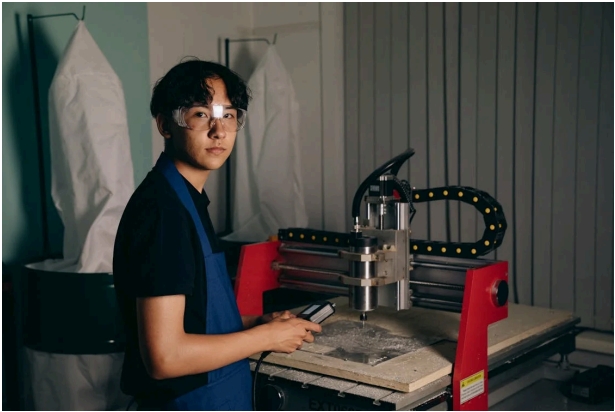
Advanced manufacturing is a term used to describe a range of modern technologies and techniques that are revolutionizing the manufacturing industry. It encompasses a wide array of processes and technologies that improve efficiency, productivity, quality, and flexibility in manufacturing.
As advanced manufacturing continues to evolve, the demand for skilled technicians is expected to grow. By acquiring the necessary skills and knowledge, advanced manufacturing technicians can secure rewarding careers in a dynamic and innovative field. Advanced manufacturing technicians can find employment in a variety of industries, including: Automotive, Aerospace, Electronics, Medical devices, Consumer goods.
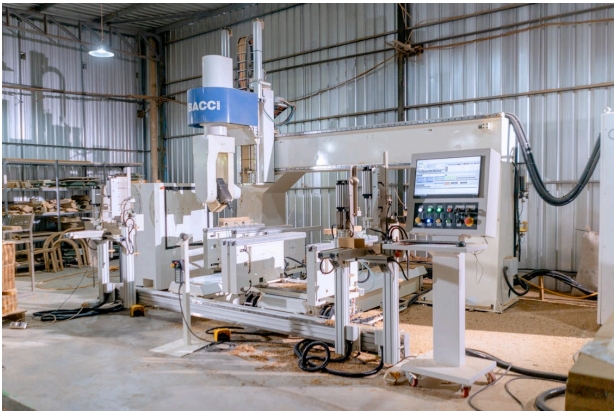
Cybersecurity is the practice of protecting computer systems, networks, and data from cyberattacks. These attacks can come in various forms, including hacking, malware, phishing, and ransomware. The goal of cybersecurity is to protect sensitive information, maintain system integrity, and ensure business continuity. Cybersecurity professionals work to identify, prevent, and mitigate threats to information systems.
Cybersecurity is a rapidly growing field with a high demand for skilled professionals. As technology continues to advance and cyber threats become more sophisticated, the role of cybersecurity technicians will become increasingly important. Cybersecurity technicians typically work in: IT departments of businesses and organizations, Managed security service providers (MSSPs), Government agencies, Cybersecurity consulting firms.
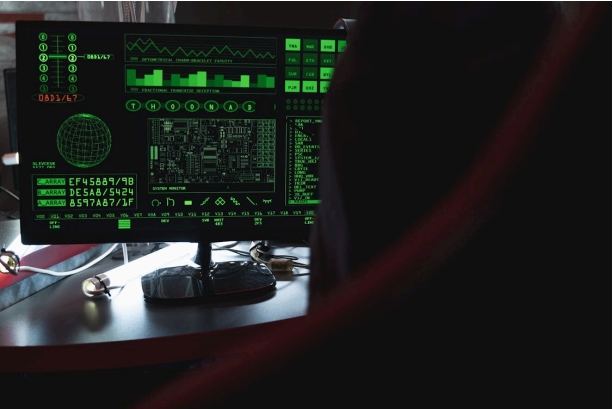
Information technology (IT) is the use of computers to store, retrieve, transmit, and manipulate data. It encompasses a wide range of technologies, including hardware, software, networking, and database management. IT professionals play a crucial role in designing, developing, implementing, and maintaining information systems. They help organizations use technology to improve efficiency, productivity, and decision-making.
IT technicians are essential for the smooth operation of businesses and organizations, and their skills are in high demand. As technology continues to advance, the role of IT technicians will remain crucial in supporting the digital needs of individuals and organizations. IT technicians typically work in: IT departments of businesses and organizations, Technical support centers, Computer repair shops, Government agencies.
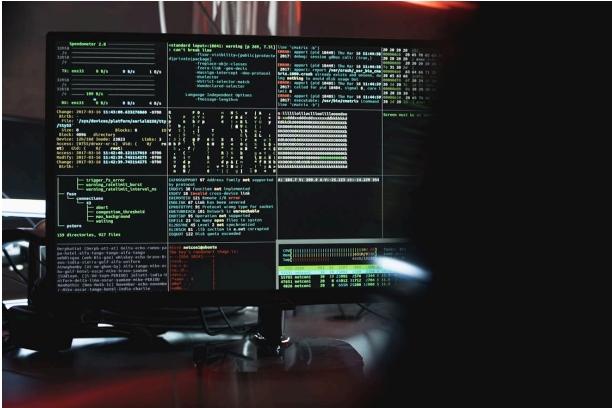
A medical assistant is a healthcare professional who works under the supervision of a physician. They perform a variety of administrative and clinical tasks to support the delivery of medical care. Medical assistants typically need to have a high school diploma or equivalent and complete a medical assistant training program. Some states also require medical assistants to be certified. Medical assistants can work in a variety of healthcare settings, including Physicians’ offices, Clinics, Hospitals, Nursing homes, Urgent care centers.
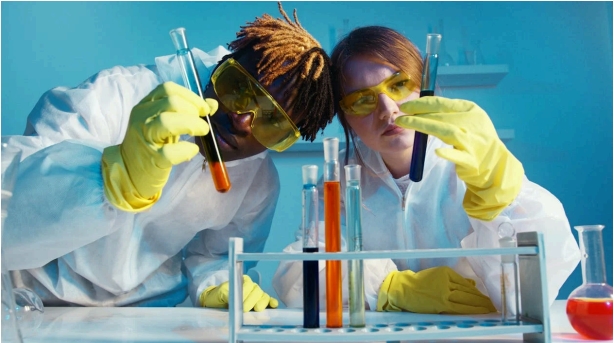
2. Technician Program:
Technician programs are educational programs that train individuals to perform skilled technical tasks in a variety of fields. They often involve hands-on training and practical experience, and can lead to entry-level employment in technical occupations. Technician programs can be offered by community colleges, technical schools, and trade schools. They typically last from a few months to two years, depending on the specific field of study.
Advanced manufacturing technicians are skilled professionals who work in manufacturing environments using modern technologies and techniques. As advanced manufacturing continues to evolve, the demand for skilled technicians is expected to grow. By acquiring the necessary skills and knowledge, advanced manufacturing technicians can secure rewarding careers in a dynamic and innovative field. Advanced manufacturing technicians can find employment in a variety of industries, including: Automotive, Aerospace, Electronics, Medical devices, and Consumer goods.
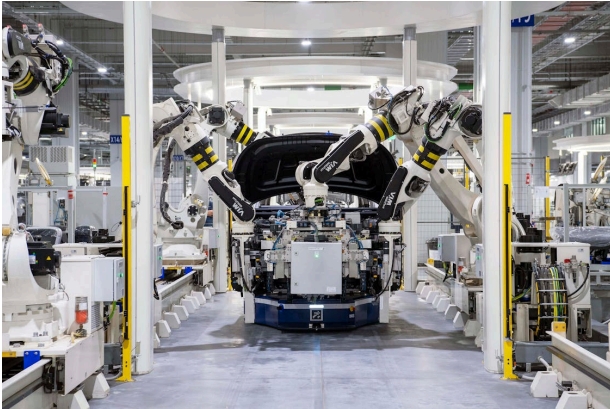
A Computer Hardware and Software Technologies Technician is a skilled professional who specializes in the installation, maintenance, and repair of computer hardware and software systems. They play a crucial role in ensuring the smooth operation of computer networks and devices. Computer Hardware and Software Technologies Technicians typically work in: IT departments of businesses and organizations, Computer repair shops, Technical support centers, Government agencies.

A cybersecurity technician is a skilled professional who specializes in protecting computer systems, networks, and data from cyberattacks. They play a crucial role in safeguarding sensitive information and ensuring the security of digital infrastructure. Cybersecurity is a rapidly growing field with a high demand for skilled professionals. As technology continues to advance and cyber threats become more sophisticated, the role of cybersecurity technicians will become increasingly important. Cybersecurity technicians typically work in: IT departments of businesses and organizations, Managed security
service providers (MSSPs), Government agencies, Cybersecurity. and consulting firms.
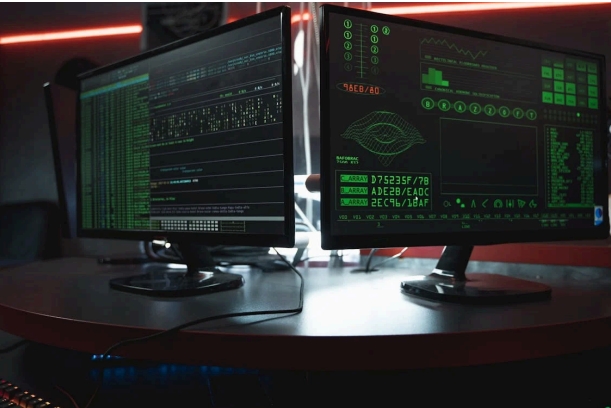
An information technology (IT) technician is a skilled professional who provides technical support for computer systems, networks, and software. They play a crucial role in ensuring the smooth operation of IT infrastructure within organizations. IT technicians are essential for the smooth operation of businesses and organizations, and their skills are in high demand. As technology continues to advance, the role of IT technicians will remain crucial in supporting the digital needs of individuals and organizations. IT technicians typically work in: IT departments of businesses and organizations, Technical support centers, Computer repair shops, Government agencies.

An Electrical Technician is a skilled professional who specializes in the installation, maintenance, and repair of electrical systems and equipment. They work in a variety of settings, including residential, commercial, and industrial environments. Electrical technicians play a vital role in ensuring the safety and functionality of electrical systems. Their skills are in high demand, particularly in areas with growing infrastructure and construction projects. Electrical technicians typically work in: Construction companies, Electrical contractors, Maintenance departments of businesses and power plant stations.

A general construction technician is a skilled professional who works on various construction projects, assisting in a wide range of tasks related to building and construction. They play a vital role in supporting construction teams and ensuring that projects are completed efficiently and to high standards. General construction technicians are essential for the successful completion of construction projects. They provide valuable support to construction teams, ensuring that projects are completed on time and within budget. General construction technicians typically work in: Construction companies, Residential construction, Commercial construction, Infrastructure projects.

Logistics is the overall process of managing the flow of goods and services, from procurement to delivery. A Commercial Driver’s License (CDL) is a requirement for operating commercial motor vehicles, which are often used in the logistics industry to transport goods. By combining your CDL with logistics knowledge and skills, you can open up a rewarding and fulfilling career path. Combining logistics knowledge with a CDL can open up a variety of career opportunities, including: Truck Driver, Over-the-Road (OTR) Driver, Local Driver, Hazmat Driver, Transportation and Logistics Manager, Supply Chain Analyst, Dispatch Coordinator, Warehouse Manager.
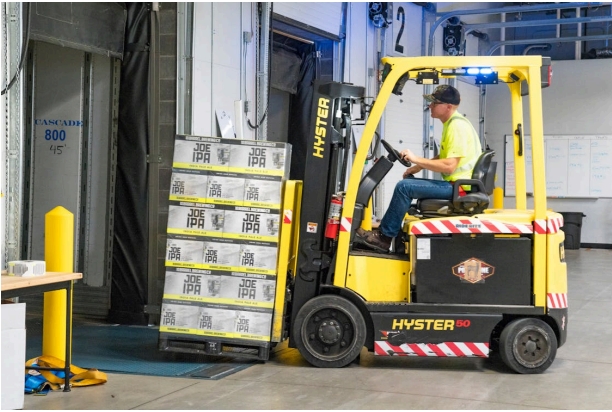
A medical assistant is a healthcare professional who works under the supervision of a physician. They perform a variety of administrative and clinical tasks to support the delivery of medical care. Medical assistants typically need to have a high school diploma or equivalent and complete a medical assistant training program. Some states also require medical assistants to be certified. Medical assistants can work in a variety of healthcare settings, including: Physicians’ offices, Clinics, Hospitals, Nursing homes, Urgent care centers.
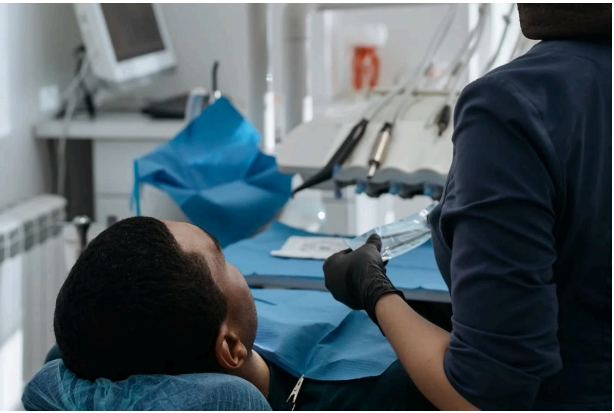
A plumbing technician is a skilled professional who specializes in the installation, maintenance, and repair of plumbing systems. They work in a variety of settings, including residential, commercial, and industrial environments. Plumbing technicians play a vital role in ensuring the proper functioning of plumbing systems. Their skills are in high demand, particularly in areas with growing infrastructure and construction projects. Plumbing technicians typically work in: Plumbing companies, Construction companies, Maintenance departments of businesses and organizations, Government agencies.

A renewable energy technician is a skilled professional who specializes in the installation, maintenance, and repair of renewable energy systems. They play a crucial role in the transition to clean energy sources. Renewable energy technicians are in high demand as the world transitions to cleaner energy sources. Their skills are essential for the successful installation and operation of renewable energy systems. Plumbing technicians typically work in: Plumbing companies, Construction companies, Maintenance departments of businesses and organizations, Government agencies.

3. Applied Sciences Program:
Applied Sciences programs are designed to equip students with the practical knowledge and skills needed to apply scientific principles to real-world problems. They often combine theoretical study with hands-on experience, allowing students to develop problem-solving abilities and technical expertise.
Key features of Applied Sciences programs often include: Hands-on experience, Problem-solving, Interdisciplinary approach, and Career-oriented focus.
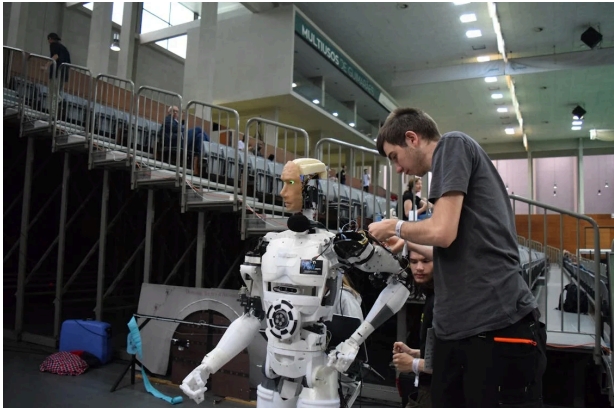
Aeronautical and Aviation Sciences is a broad field of study focused on the science and technology behind the design, development, and operation of aircraft and spacecraft. It encompasses both theoretical and practical knowledge needed to work in aviation, aerospace, and related industries.
This branch deals with the design, construction, and testing of aircraft that operate within Earth’s atmosphere. This broader area covers the operation, safety, and management of aircraft and airports. Although closely related to aeronautics, aerospace engineering also deals with the design and development of spacecraft that travel outside Earth’s atmosphere. Career Opportunities in Aeronautical and Aviation Sciences: Aeronautical Engineer,
Aircraft Pilot, Air Traffic Controller, Aviation Safety Inspector, Airport Manager, Avionics Technician, Aerospace Engineer (for space exploration).
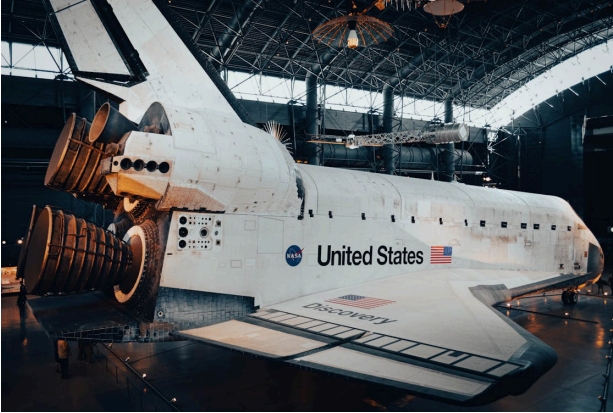
Artificial Intelligence (AI) Science is the field of study focused on creating systems and machines capable of performing tasks that typically require human intelligence. These tasks include learning, reasoning, problem-solving, understanding natural language, perception, and decision-making. AI science integrates various disciplines like computer science, mathematics, cognitive science, and robotics to design intelligent agents that can act autonomously or assist humans in complex tasks.
Machine learning is a subset of AI where algorithms learn from data and improve their performance over time without being explicitly programmed for every task. There are several types of machine learning.
Neural Networks and Deep Learning, Inspired by the human brain, neural networks are used in AI systems to process complex data inputs like images, speech, or text. Deep learning is a subfield of machine learning that utilizes neural networks with multiple layers (hence “deep”).
Artificial Intelligence Science is a multidisciplinary field focused on building systems that can simulate human intelligence and solve complex tasks autonomously. It integrates advances in machine learning, neural networks, natural language processing, robotics, and cognitive computing to develop smart machines that are transforming industries and everyday life. The future of AI holds great potential for innovation in areas like healthcare, autonomous transportation, and human-computer interaction.
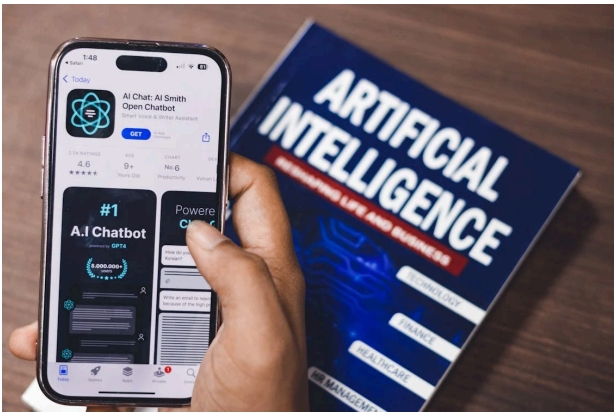
Drone Science and Robotics Science are specialized fields within engineering and technology focused on the design, development, and application of autonomous and semi-autonomous machines. Both fields play crucial roles in advancing automation, remote control technologies, artificial intelligence, and data collection systems.
Drone Science and Robotics Science are advancing technologies that play a transformative role in modern industries and daily life. While Drone Science focuses on aerial vehicles, Robotics Science encompasses a broader range of machines, including those on the ground, in space, and in medical or industrial environments. Both fields require interdisciplinary knowledge of engineering, AI, and systems design to create machines capable of performing complex tasks autonomously or in collaboration with humans.
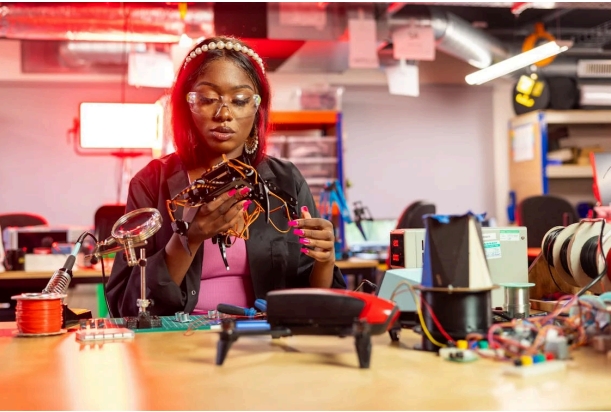
Nanotechnology and Quantum Computing are two groundbreaking fields of science and technology that operate at the very small and fundamental levels of matter and information. Both have the potential to revolutionize industries, from medicine to computing, energy, and beyond.

Nanotechnology and Quantum Computing are two revolutionary fields shaping the future of science and technology. Nanotechnology focuses on manipulating materials at the nanoscale to create new materials and applications, while quantum computing aims to leverage the unique properties of quantum mechanics to solve complex computational problems beyond the reach of classical computers. Both fields hold enormous promise
and face significant challenges as they continue to evolve.

Medical Sciences is a broad and diverse field of study that focuses on understanding the human body, diagnosing diseases, developing treatments, and improving healthcare. It encompasses the biological, clinical, and social aspects of medicine, aiming to prevent, diagnose, treat, and cure various diseases and conditions to improve the quality of life,
Medical Sciences is a vast and multidisciplinary field that plays a vital role in improving human health. It combines research, technology, clinical practice, and public health efforts to diagnose and treat diseases, develop new therapies, and prevent illnesses. From the molecular level to the community level, medical sciences continuously evolve to address emerging healthcare challenges and improve patient outcomes.
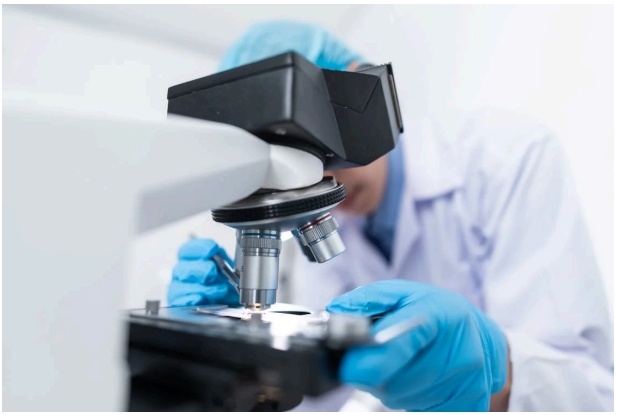

Medical Sciences is a broad field that encompasses various disciplines focused on understanding the human body, diagnosing and treating diseases, and improving health outcomes. It integrates knowledge from biology, chemistry, physics, and social sciences to provide comprehensive healthcare solutions. Medical sciences are divided into several key areas, each playing a vital role in advancing medicine and healthcare.
Medical Sciences is a diverse and dynamic field, integrating basic sciences, clinical practice, and research to improve health and treat diseases. Whether it’s through direct patient care, developing new therapies, or improving public health, medical sciences play a critical role in advancing healthcare and enhancing the quality of life worldwide.

